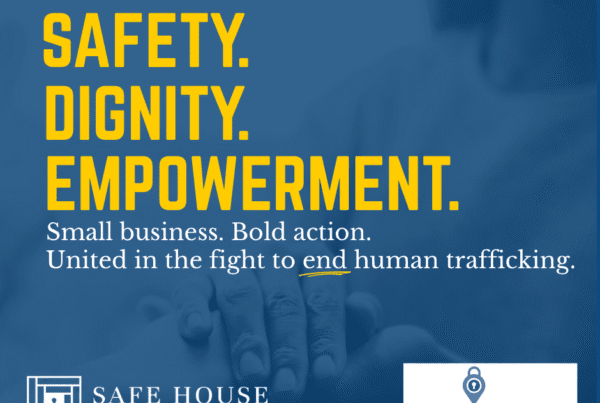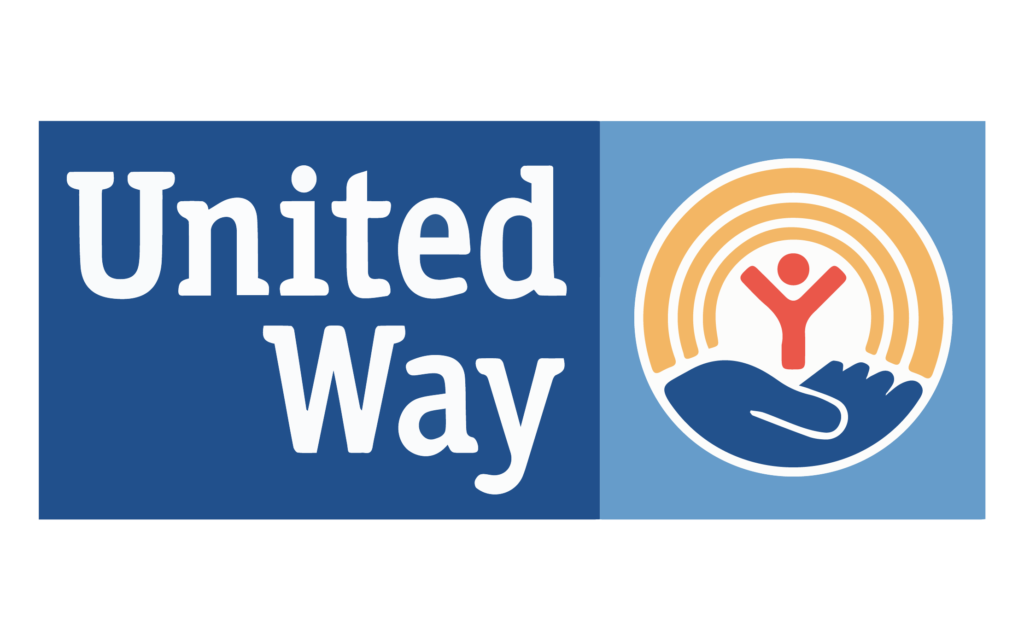In anti-trafficking work, we often talk about trauma-informed care, safe housing, and survivor-centered services. These areas are undeniably central to an effective response to human trafficking, but behind every successful program is something less visible and equally vital: trustworthy leadership.
Leadership shapes how staff interact with survivors, how teams function under pressure, and whether programs provide consistency or chaos. In trauma-informed spaces, the tone set by leadership often determines how safe a survivor feels and how well staff are able to function in their roles over time. Trust is built not only through compassionate direct care but also through the systems that support it. When leaders operate with clarity and accountability, they build organizations where both staff and survivors can thrive.
Why Leadership Matters in Survivor Care
After experiencing betrayal and misuse of authority in exploitation, many trafficking survivors pay close attention to the power dynamics of the spaces they enter. Their ability to heal often depends on whether their environment feels safe, predictable, and support.
Organizational leadership plays a direct role in creating those spaces. Programs where leaders are disengaged or inconsistent risk mirroring the instability that survivors experienced during trafficking. In contrast, programs led by people who are intentionally present and supportive create a different dynamic, one marked by mutual respect and trust.
Effective leadership:
- Sets the emotional tone for staff teams
- Creates operational consistency that survivors can rely on
- Builds trust by following through on commitments
- Helps staff feel equipped and empowered
Additionally, trusted leadership must shift the focus from controlling outcomes or being the spotlight; rather, its defining characteristic should be about how leaders show up and create space for their team to succeed.
Trusted leaders:
- Are present and proactive, especially in moments of stress or conflict
- Listen to their team’s concerns without defensiveness
- Follow through on their promises and expectations
- Share power rather than make decisions alone
- Model accountability when mistakes are made
This level of integrity in leadership is strongly felt through organizations. Staff know that they can trust their leaders to support them, and that sense of trust spreads outward to the survivors in their care.
Creating Consistent Support Structures for Staff
Direct service anti-trafficking staff are regularly exposed to complex trauma, moments of crisis, and high emotional intensity. This work is meaningful, but also exhausting. Without adequate support from leadership, even the most dedicated and qualified staff will burn out.
Leaders can help mitigate this by:
- Creating a regular check-in schedule outside of performance evaluations
- Encouraging meaningful rest practices and healthy boundaries
- Responding early to signs of burnout or overwhelm
- Providing supervision that is both practical and emotionally supportive
- Creating room for feedback, reflection, and innovation
When staff feel supported, they are more likely to be able to adjust their work practices to protect their well-being and remain effective in their role in the long term.
Building Consistency Survivors Can Rely On
After a trafficking experience, inconsistency can feel dangerous to survivors. Unpredictable schedules, sudden staff changes, or unclear communication can active trauma responses. For a survivor, this can feel like confirmation that safety is still out of reach.
Leadership that prioritizes consistency helps survivors experience changes as safe and manageable. This may look like:
- Clearly communicated expectations for both team members and survivors
- Stable staff teams and transparent communication when changes are made
- Boundaries that are upheld and reinforced across the team
- Programs that don’t change abruptly or without prior explanation
- Follow-through on rules, resources, and next steps
This steadiness helps survivors feel grounded and included in their own healing process, allowing trust to grow. It also gives staff a strong framework in which to make confident, thoughtful decisions in the daily rhythm of the program.
Leading Sith Humility & Accountability
Truly effective organizational leaders depend not on perfection, but on humility and integrity. They are willing to acknowledge their limitations, admit when they are wrong, and accept feedback from all staff members without defensiveness.
Humility in leadership creates:
- Psychological safety for staff to speak openly and share ideas
- Openness to feedback and opportunities for growth or improvement
- Less fear of failure, which encourages innovation and learning
- Reduced power imbalances based on organizational hierarchy
Leaders who say, “I got that wrong, let’s try again,” are often more respected and effective than those who attempt to maintain an image of perfection. This kind of leadership invites collaboration, which is an essential building block for highly impactful organizations.
Preventing Burnout From the Top
Staff burnout is one of the most significant challenges in anti-trafficking work. The emotional intensity, exposure to secondary trauma, and high-stakes decision-making take a toll on even the most committed staff. Over time, without strong support systems, this exhaustion can lead to high turnover, disconnection, and diminished quality of care for survivors.
Burnout may be common, but it is not inevitable. Leadership plays a critical role in creating cultures where staff well-being is protected and sustainability is prioritized. When leaders are proactive in identifying signs of fatigue and responsive in meeting those needs, they help teams remain grounded and resilient.
Leaders can prevent burnout by:
- Setting clear and realistic expectations for workloads and working hours
- Encouraging time-wide wellness practices
- Allowing flexibility where appropriate
- Celebrating small wins, not just major milestones
- Investing in professional development and well-being support
Beyond creating instability in a program, staff turnover can be detrimental for survivors. When staff leave frequently, it disrupts important relationships between survivors and staff, creating gaps in service provision and often forcing survivors to build trust from the ground up.
Putting Values Into Practice
Most anti-trafficking organizations list values such as dignity, empowerment, and compassion as central to their mission. These values are often included on websites and in annual reports, staff training, and fundraising messaging. However, these values hold power only when they are consistently practiced.
The most effective leaders live out these values in how they lead their teams, build programmatic systems, and make decisions. Value-driven leadership is exemplified in:
- Decision-making that reflects the mission, not just metrics
- Staff voices being included in shaping both policy and practice
- Organizational priorities that reflect care for both survivors and the people serving them
- A culture that expects accountability for what is said and what is done
Mutual trust and respect grow when leaders represent the values of the mission, strengthening the foundational purpose of the organization and magnifying its impact.
Leading the Way to Long-Term Change
Leadership in anti-trafficking organizations is not just about guiding strategy or managing operations. It is about cultivating a culture where trust, safety, and integrity become the foundation for everything else. Survivors need more than well-designed programs — they need environments where stability is modeled and relationships are built with care. That kind of culture begins at the top.
The work of ending trafficking and restoring freedom will never be sustained by policy or programming alone. It will be led by people who recognize that real change is slow, relational, and deeply human. Those who lead with integrity pave the way for care that lasts.
For more information on building resilient, highly impactful programs through trusted leadership, explore:
-
- Safe House Project’s webinar From the Top Down: Trusted Leadership in Anti-Trafficking








